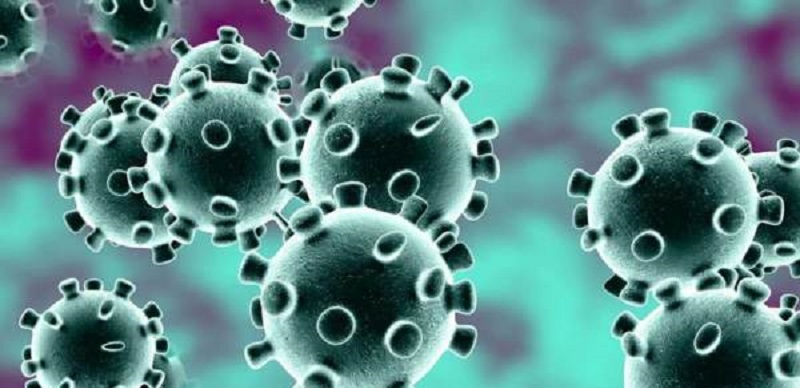March 24, 2020
On Tuesday New York Governor Andrew Cuomo said there are “probably “hundreds of thousands of people” who have already had COVID-19, didn’t know they had it, and recovered. Cuomo continued to say these New Yorkers “should be tested for antibodies so they could go back to work and keep the economy going.”
And now there is a test that will show if a person was already infected by the coronavirus and have developed anti-bodies.
This new test could help put Americans back to work sooner rather than later.
Leaps Mag reported:
While testing for COVID-19 ramps up around the country, there’s another kind of testing that will prove equally important to combating the pandemic: one that can detect whether someone has already been infected.
Why is this important? As former FDA commissioner Scott Gottlieb wrote in today’s Wall Street Journal: “If a sizable portion of a local community has some protection, authorities can be more confident in relying less on invasive measures. Once deployed, serological tests are cheap, straightforward, and easy to scale.”
Now, a microbiology lab at the Icahn School of Medicine at Mount Sinai, led by Dr. Florian Krammer, has just announced the development of this serological test. Leapsmag spoke with Daniel Stadlbauer, a post-doctoral fellow in the lab who helped lead the work.
Is yours the first serological test available?
They did something similar in South Korea. In the U.S., it’s the first of these tests.
How close are we to rolling this test out to the public?
Last week, we started this process and we finished the protocol today. Mount Sinai is trying to roll this out in the next few days in the clinic to see which patients have been infected with coronavirus recently or have been infected at all.
The protocol we uploaded today can be used as a template for other research labs or hospitals to follow the steps we provided and they should then be able to set up the antibody test. The idea is that this assay can be established anywhere in the world following these steps.
Are there any bottlenecks to getting this rolled out – supply chain or regulation obstacles?
There are no regulations that say you can’t do it. Research labs and hospitals for sure can do it. I’m not aware of supply chain issues because you need basic lab equipment and materials, but I don’t think those are in short supply right now.


